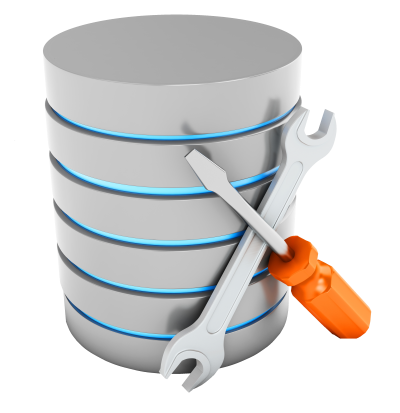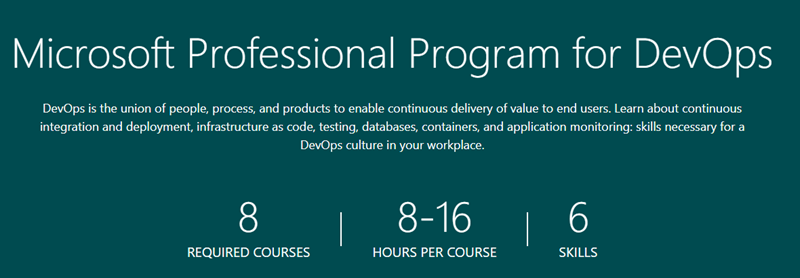
DevOps: Declarative is where we want to be
If you have ever tried to write scripts to configure operating systems, you’d realize just how hard that is to get correct.
For example, if you need to ensure that your virtual machine has two network adapters, and they need to have a specific set of IP addresses, how do you do that?
 Image by Markus Spiske
Image by Markus Spiske
The traditional approach for PowerShell (and similar tools) was to try to write a step-by-step script to configure the network adapters the way you want. But where do you start? Do you write a script to check for any existing adapters and loop through them to try to remove them? Do you try to add the ones you want, and then remove the others?
2018-02-16








